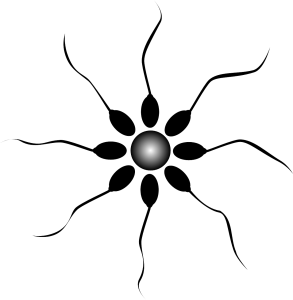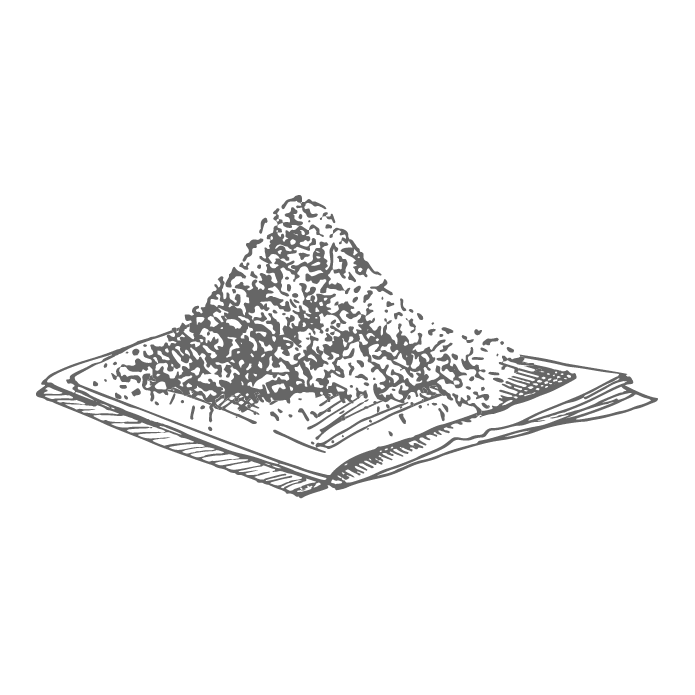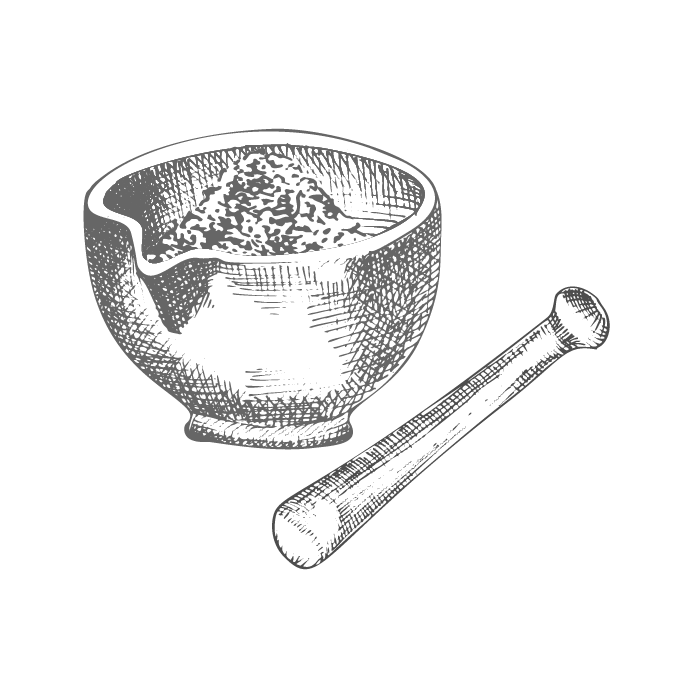Male Fertility – A declining problem.

Sperm and Egg inventive image
The decline in sperm quality over the past two decades has become a growing concern worldwide. Recent research highlights a significant drop in sperm counts, morphology, and motility. Various factors contribute to this trend, and understanding these can help us address the issue effectively. This blog explores the recent findings on sperm decline, its potential causes, and how Traditional Chinese Medicine (TCM) can play a vital role in improving male fertility.
The Decline in Sperm Quality
Historical vs. Current Sperm Parameters
A comparison of World Health Organization (WHO) criteria for sperm parameters from 1992 and 2024 illustrates the alarming decline:
|
WHO criteria for normal sperm parameters 1992 vs 2024

WHO criteria for normal sperm parameters 1992 vs 2024
Percentage of Male Infertility
Current statistics indicate that male infertility accounts for approximately 40-50% of all infertility cases, a significant increase from previous decades.
Recent Research and Theories on Sperm Decline
Recent studies, including randomized controlled trials (RCTs) and Cochrane reviews, have identified several factors contributing to the decline in sperm quality:
1. Environmental Factors: Exposure to endocrine-disrupting chemicals (EDCs) like pesticides, phthalates, and bisphenol-A (BPA) has been linked to lower sperm counts and motility. Studies have shown that these chemicals can disrupt hormonal balance, leading to decreased sperm production and quality.
– A Cochrane review highlighted the impact of EDCs on male fertility, emphasizing the need for further research and stricter regulation of these substances.
2. Lifestyle Factors: Poor diet, obesity, smoking, excessive alcohol consumption, and lack of exercise negatively impact sperm health. High-fat diets and sedentary lifestyles contribute to oxidative stress and inflammation, which can impair sperm function.
– RCTs have demonstrated that lifestyle interventions, such as weight loss, smoking cessation, and dietary improvements, can significantly improve sperm parameters.
3. Psychological Stress: Chronic stress can lead to hormonal imbalances that impair sperm production and quality. Stress management techniques, including mindfulness and relaxation exercises, have been shown to improve reproductive outcomes.
– Research published in the Cochrane Library has shown that stress reduction programs can positively influence sperm quality by balancing stress hormones and improving overall well-being.
Traditional Chinese Medicine (TCM) and Male Fertility
TCM offers a holistic approach to improving sperm quality and male fertility. By addressing underlying imbalances in the body, TCM can enhance overall reproductive health. Here are some common TCM patterns associated with male infertility and their corresponding treatments:
Common TCM Patterns and Treatments

How TCM Works to Improve Male Fertility

1. Herbal Medicine: TCM utilizes various herbal formulas tailored to individual diagnoses. For instance, Jin Gui Shen Qi Wan is commonly used for Kidney Yang Deficiency, which helps to warm the kidney and boost energy levels. Liu Wei Di Huang Wan is prescribed for Kidney Yin Deficiency to nourish the yin and improve fluid balance.

Large Chinese herbal medicine selection in wooden bowls over papyrus background.
2. Acupuncture: This ancient practice helps to regulate the body’s energy flow (Qi) and improve blood circulation. Acupuncture can reduce stress, enhance sperm motility, and improve overall reproductive function.

3. Dietary Therapy: TCM emphasizes the importance of a balanced diet tailored to individual needs. Foods that nourish the kidney, such as black sesame seeds, walnuts, and goji berries, are recommended to support reproductive health.

4. Lifestyle Modifications: TCM practitioners often suggest lifestyle changes to improve overall health. This includes stress management techniques, regular exercise, and avoiding harmful substances like alcohol and tobacco.

8 sperm surround and egg in a circle ready for fertilization
Current Movements and Support for Male Fertility
The rising concern over sperm decline has spurred various movements and support networks aimed at raising awareness and providing assistance. Here are some local Australian groups that offer resources and support for individuals and couples facing fertility challenges:
1. Fertility Society of Australia and New Zealand (FSANZ): Provides information and resources for those dealing with fertility issues.
– Website: [FSANZ](https://www.fertilitysociety.com.au)
2. Australian Men’s Shed Association: Offers support and activities for men, helping reduce stress and improve overall well-being.
– Website: [Men’s Shed](https://mensshed.org)
3. Andrology Australia: Aims to improve the reproductive health of men through research, education, and support services.
– Website: [Andrology Australia](https://www.andrologyaustralia.org)
Steps for Men to Improve Sperm Health
Men experiencing fertility issues can take proactive steps to improve their sperm health:
1. Consult Healthcare Providers: Seeking advice from a fertility specialist or a TCM practitioner can provide tailored treatment plans.
2. Lifestyle Modifications: Adopting a healthier lifestyle, including a balanced diet, regular exercise, quitting smoking, and reducing alcohol intake, can enhance sperm quality.
3. Stress Management: Practices such as meditation, yoga, and acupuncture can help reduce stress and improve overall well-being.
Conclusion
The decline in sperm quality over the last 20 years is a multifaceted issue, influenced by environmental, lifestyle, and psychological factors.
Traditional Chinese Medicine offers effective, holistic solutions for improving male fertility by addressing the root causes of imbalances in the body. By integrating TCM treatments and making informed lifestyle choices, men can significantly enhance their reproductive health.
For more information and support on male fertility, consider visiting the local Australian groups mentioned above.
References
1. Cochrane Reviews on Male Fertility: Cochrane Library
2. World Health Organization Sperm Parameters: WHO Guidelines

Dr Julia Bartrop (TCM)
By Dr. Julia Bartrop, Rebalance Chinese Medicine
—
Please contact us at Rebalance Chinese Medicine for personalized consultations and treatments to improve your reproductive health.
We offer both male and female fertility appointments, as well as telehealth for clients not located in Melbourne.
Julia – has 16 years of experience in Pathology and used to look at sperm under the microscope – check out our Instagram page – to see Dr Julia explain Male motility! ( You will never look at tadpoles the same way again!).
You may also like to read:
What’s all the fuss about ubquinol and sperm health?
Male Semen Analysis – The A-Z of a semen anyalisis and why its so vital.


